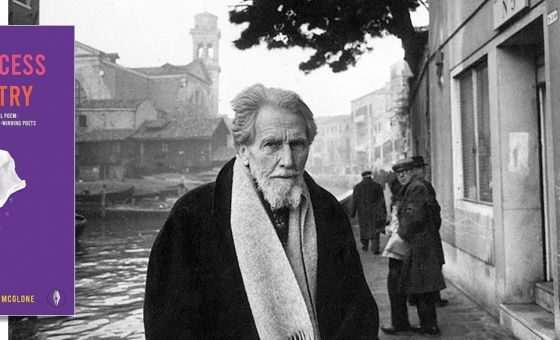This is the last article you can read this month
You can read more article this month
You can read more articles this month
Sorry your limit is up for this month
Reset on:
Please help support the Morning Star by subscribing here
2084, edited by George Sandison (Unsung Stories), is an impressive anthology of pessimistic science fiction with several stand-out tales.
Dave Hutchinson’s nanotechnology-driven spy thriller tackles issues of migration and international justice, while Christopher Priest reflects on the possibility of mixing military and communications technology to create the ultimate game show.
Other stories consider the existential threat of advanced androids, the corrosive influence of the fashion industry, species extinction, environmental collapse and the media’s manipulation of truth.
SJ Bradley’s Guest (Dead Ink Books) is an entertaining and provocative reflection on personal responsibility and political commitment. Samhain, a musician and activist, finds he is father to a two-year-old child and then discovers his own father was a cop working under deep cover to infiltrate the green movement.
Bradley, who writes with clarity and conviction about squatting, anti-globalisation protest and touring Europe with a neo-punk band, has delivered a life-affirming story about the importance of connection and community.
Both 2084 and Guest received crowdfunding support, a growing trend in independent publishing.
In M John Harrison’s new anthology You Should Come With Me Now (Comma Press), the collision of the mundane and the weird is described with specificity and elegant restraint.
There's a lot of miscommunication, unfulfilled emotion and alienation in this collection of 40 stories and “flash” fictions.
Highlights include a science fictional allegory on the toxicity of financial institutions, in which gelatinous aliens invade London’s financial square mile, and the tale of a privileged middle-class man whose desire for escape leads to a surreal and catastrophic loft conversion.
The Rift by Nina Allan (Titan Books) will delight readers who relish complexity and ambiguity. As the novel unfolds, an apparently straightforward mystery story becomes a multilayered philosophical fantasy.
Or does it? There is evidence to suggest an altogether different kind of story. This is a tricky and rewarding read focusing on the disappearance of a teenager, Julie, and the guilt and confusion of Selena, the sibling she leaves behind.
When Julie reappears 20 years later, she claims to have been on Tristane, a distant planet, and her account includes vivid recollection of an alien culture, history and geography. Allan uses science fictional motifs to create a story that may involve delusion, deception or intergalactic travel.
The Rift is about memory, identity and the stories we tell to cope with dysfunctional aspects of the early 21st century.









